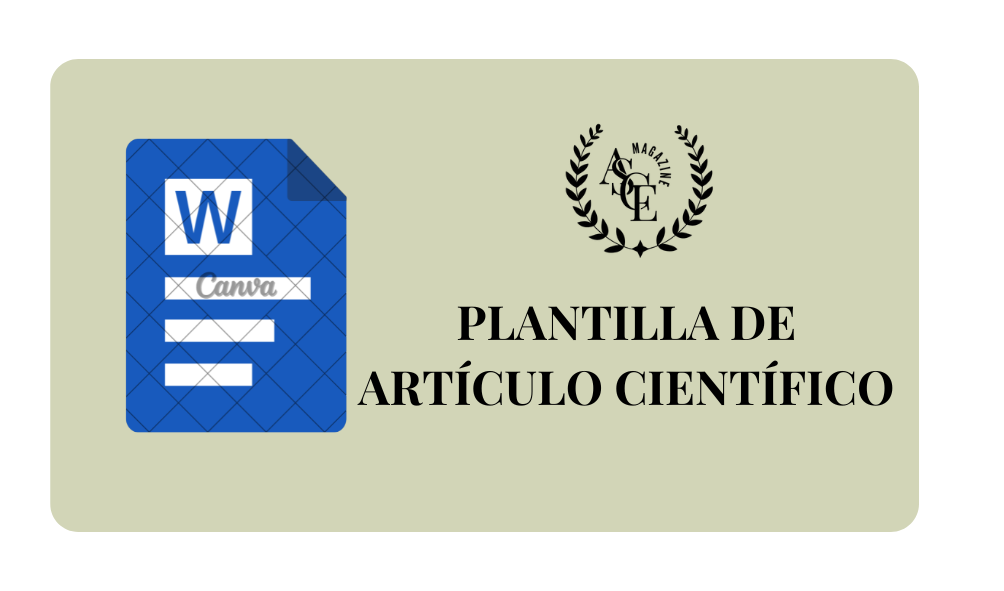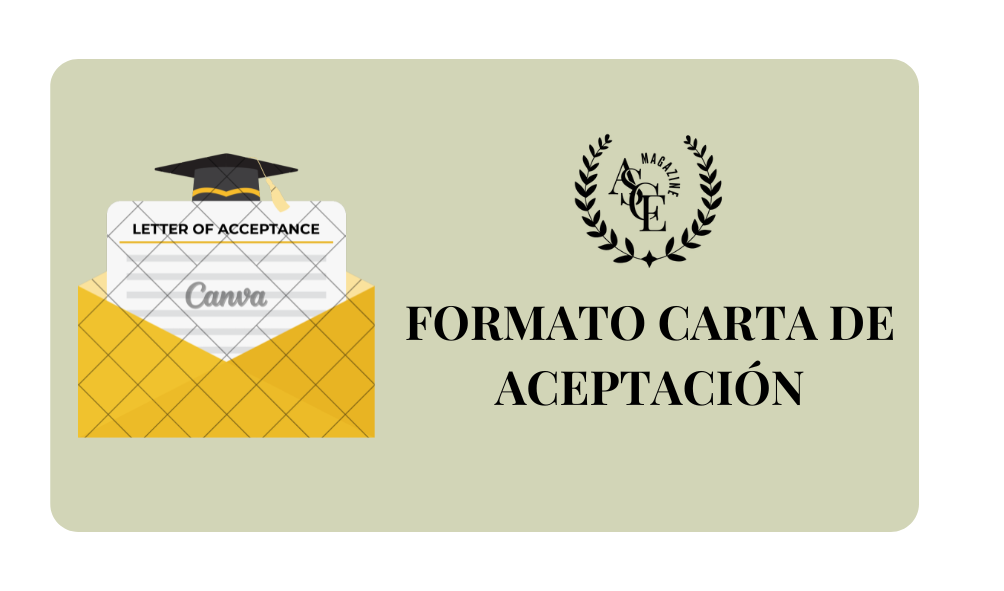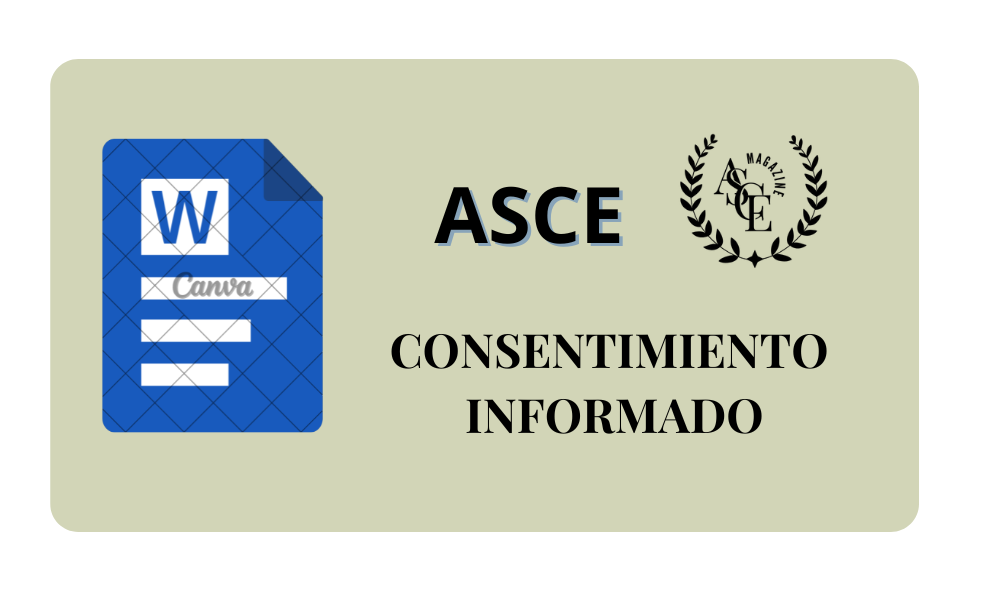Implementation of pedagogical strategies for teaching mathematics to students with learning difficulties
DOI:
https://doi.org/10.70577/ASCE/345.362/2025Keywords:
Difficulties; Learning; Strategies; Pedagogical; Mathematics.Abstract
Learning disabilities are problems related to the acquisition, understanding, or ability of a person to generate or create skills. This can occur in any area of knowledge. In this case, an analysis was conducted in the area of mathematics learning. Theresearch was conducted using a mixed approach, that is, qualitative and quantitative, with a non-experimental design and a descriptive level. An educational phenomenon was analyzed literary, data from a specific group of students were analyzed, and a pedagogical strategy was proposed. Data collection was conducted using documentary data to provide a qualitative assessment and thus identify a learning disability present in the study group. The results showed that one of the difficulties found was dysgraphia. In response to this, a pedagogical proposal was developed called Project-Based Learning (PBL), based on a perspective that facilitates the construction of complex knowledge, applying emerging and innovative strategies in groups with difficulties learningmathematics.
Downloads
References
Díaz, F. (2003). Estrategias docentes para un aprendizaje significativo: Una interpretación constructivista. McGraw-Hill.
Fiuza , M., & Fernández, M. (2014). Dificultades de aprendizaje y transtornos del desarrollo. Madrid-España : Pirámide. Obtenido de https://altascapacidades.es/portalEducacion/html/otrosmedios/Dificultades_de_aprendizaje_y_trastornos.pdf
Gallardo , I., & Parra, J. (2023). Descifrando los Secretos de la Discalculia: un Viaje A Través de las Neurociencias y las Tecnologías de la Información. Revista Ciencia Latina Internacional. Vol.7, Número 5, 7740-7758. Recuperado de https://dialnet.unirioja.es/descarga/articulo/9482042.pdf DOI: https://doi.org/10.37811/cl_rcm.v7i5.8356
Geary, D. C. (2004). Mathematics and learning disabilities. Journal of Learning Disabilities, 37(1), 4-15. Recuperado de https://doi.org/10.1177/00222194040370010201 DOI: https://doi.org/10.1177/00222194040370010201
Hernández, R., Fernández, C. y Baptista, P. (2010). Metodología de la Investigación - Quinta edición. México D.F.: McGRAW-HILL.
Hernández, R., Fernández, C. y Baptista, P. (2014). Metodología de la Investigación - Sexta Edición. México D.F: McGRAW-HILL
Ministerio de Educación. (2024). Instructivo de evaluación estudiantil. Recuperado de https://educacion.gob.ec/wp-content/uploads/downloads/2024/10/instructivo-evaluacion-estudiantil-Sierra-Amazonia-2024-2025.pdf
Mateos, R. (2009). Dificultades de Aprendizaje. Psicología Educativa. Revista de los Psicólogos de la Educación, Vol 15, Número 1,13-19. Recuperado de https://www.redalyc.org/pdf/6137/613765489003.pdf
Mora, C. (2003). Estrategias para el aprendizaje y la enseñanza de las matemáticas. Revista de Pedagogía, Vol 24, Número 70, 181-272. Recuperado de https://ve.scielo.org/scielo.php?script=sci_arttext&pid=S0798-97922003000200002
Luy, C. (2019). El Aprendizaje Basado en Problemas (ABP) en el desarrollo de la inteligencia emocional de estudiantes universitarios. Propósitos y Representaciones, 7(2), 353-383. https://doi.org/10.20511/pyr2019.v7n2.288 DOI: https://doi.org/10.20511/pyr2019.v7n2.288
Unidad Educativa 10 de Agosto. (2025). Promedios Generales de Octavo año de Educación General Básica A, B y C. Obtenido de Pdf
Downloads
Published
How to Cite
Issue
Section
License
Copyright (c) 2025 Diana C. Arana Benavides, Catherine del C. Arana Pincay, Aurora G. Benavides Aviles, Joffre G. Veas Troya

This work is licensed under a Creative Commons Attribution-NonCommercial-NoDerivatives 4.0 International License.






























